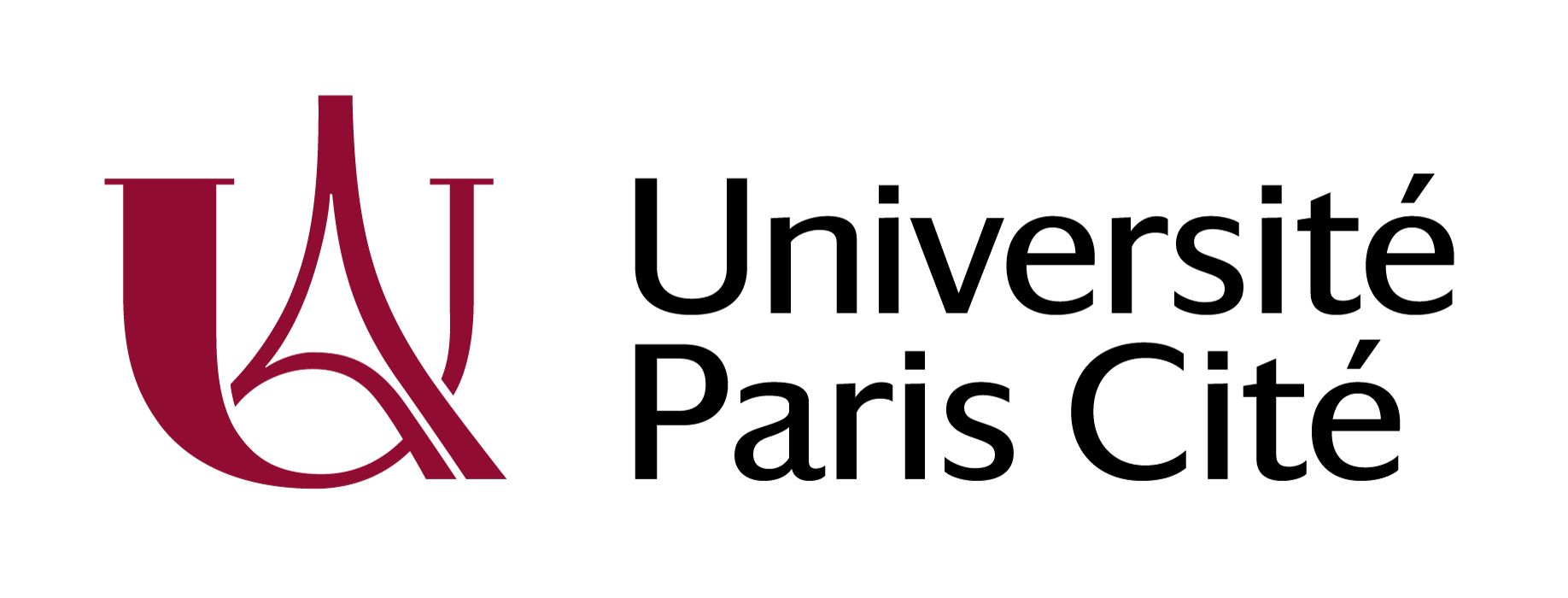Aspect, modality, interrogativity: a semantic study of aller and venir (de) + infinitive in an open interrogative
Résumé
This paper investigates the meaning of aller ('go') and venir (de) ('come' ('to')) + infinitive in qu'est-ce que questions in French. In this paper, it is contended that the aspecto-temporal meaning of these periphrases is associated with information-seeking questions, self-addressed questions and rhetorical questions, i.e. questions where the wh word is referential. In contrast, the 'extraordinary' meaning (Damourette and Pichon 1911) is reported to derive from the original motional meaning of these verbs, which contributes to shaping the aspecto-modal contour of an unexpected eventuality. It is further argued that this modal meaning is found in surprise questions, which are analysed as biased questions. Surprise questions convey a judgement of incongruity (Kay and Fillmore 1999) that sets them apart from rhetorical questions. A distinctive feature of these questions is the semantic shift undergone by the interrogative word, which cannot be interpreted referentially.
